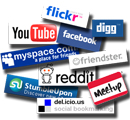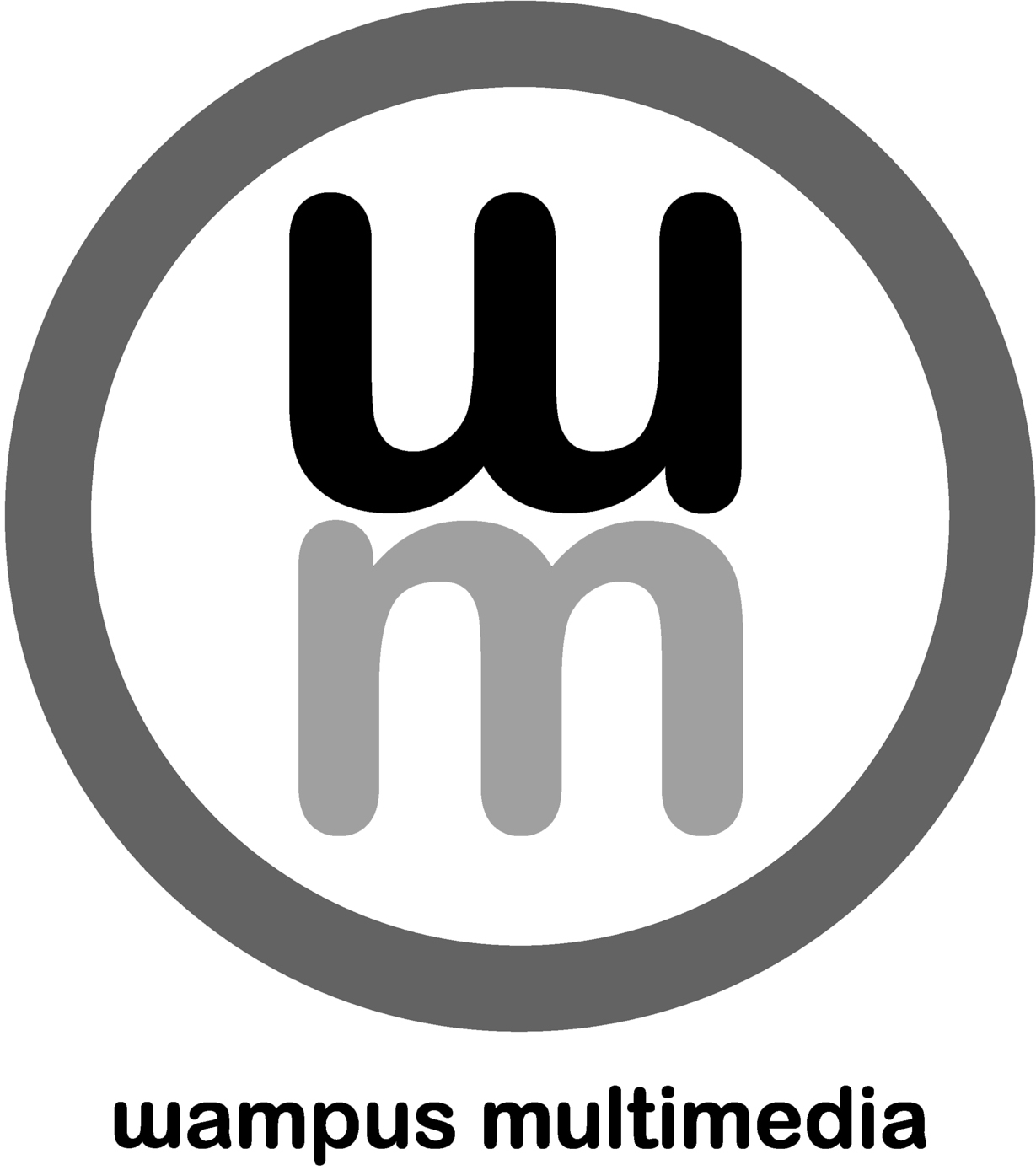Why Facebook Is Not Your Hub
 Does Facebook help you in your marketing efforts? Sure it does. If you’re a recording artist or author, Facebook gives you some of the most useful and powerful tools available for communicating with your audience. It allows you to connect with people in all the ways you need to. And it’s free, to boot. What’s not to like?
Does Facebook help you in your marketing efforts? Sure it does. If you’re a recording artist or author, Facebook gives you some of the most useful and powerful tools available for communicating with your audience. It allows you to connect with people in all the ways you need to. And it’s free, to boot. What’s not to like?
Plenty, unfortunately.
Forget the negative fallout you’ve heard recently about the Facebook IPO. Unless you own Facebook shares, the impact of the company’s market performance on you is minimal. Think instead of your presence on the Web — and of just how much of your online activity is conducted through Facebook. Sure, you have a Facebook profile like everyone else. You probably maintain at least one Facebook fan page for your creative work. You might even manage a Facebook group about a related topic, or invite people to your live appearances using the events feature. You would be crazy or oblivious not to take advantange of these powerful tools.
So what’s the problem?
You spend a lot of time on Facebook. You’re spreading the word about your latest project, uploading songs and videos, networking with new friends. You’re building relationships with listeners or readers, and having great conversations you otherwise might have missed. In doing so, you’re creating a mountain of content — media, demographics, dialogue. The more you add to it, the more time you spend building and nurturing it, the more it is worth to you. And the closer to indispensable it becomes to you.
And as its value grows and grows… you control none of it.
 Who knows, maybe Facebook will be around forever. But it probably won’t be. It has a shelf life like any other social Web property (e.g., MySpace, Friendster, Napster). Even if it survives for a while, it will be continually evolving to adapt to a volatile environment. This means it may or may not do what you want it to do, or what you need it to do. It may or may not care what you want. And all of your data — all the media, the contact information, the conversation — is in its hands. Maybe it will preserve it responsibly for you for years. And maybe it won’t.
Who knows, maybe Facebook will be around forever. But it probably won’t be. It has a shelf life like any other social Web property (e.g., MySpace, Friendster, Napster). Even if it survives for a while, it will be continually evolving to adapt to a volatile environment. This means it may or may not do what you want it to do, or what you need it to do. It may or may not care what you want. And all of your data — all the media, the contact information, the conversation — is in its hands. Maybe it will preserve it responsibly for you for years. And maybe it won’t.
It’s already undermining the reach of your fan pages. Didn’t know? Read all about it.
When it does finally close up shop or change its business model, it will probably let you export all your data into a neat little archive file. And that file, for all you know, might never be readily usable anywhere else.
See where this is headed?
You own your media and how it is distributed. You own the relationships you build with other people. But using Facebook as your home base, as your communications hub, is like storing valuables in a safe deposit box that someone else owns. Will the box still be there for you in five years? If it is, will your key still open it?
It’s not as if you’ve been paying rent on it or anything.
So what should you do? Fortunately the answer is simple.
Ground your identity and communications in your own Web site. Your site is your virtual presence, your avatar. It is beholden to no one but you. Run everything you do — blogging, email, feeds, media streaming, commerce, show promotion, Facebook conversations — through your personal site. Use Facebook and other sites to drive traffic to you. Treat Facebook and other third-party tools as useful extensions of your communications efforts — not as the center of them. In your world, in the place your creative work calls home, there is only yourname.com. Sites with their own agendas for exploiting your content and traffic — Facebook, Twitter, ReverbNation, Bandcamp, YouTube, Spotify — are not you.
It’s your art, your world. Once you get that, you’re on your way to developing and presenting a powerful vision of who you are and where you’re going.

Hey, kid! Kid! I’ve got somethin’ here you’re gonna love! You gotta try it. Here… I’ll even give you a taste for free…
Exactly. “If it sounds too good to be true, it probably…”